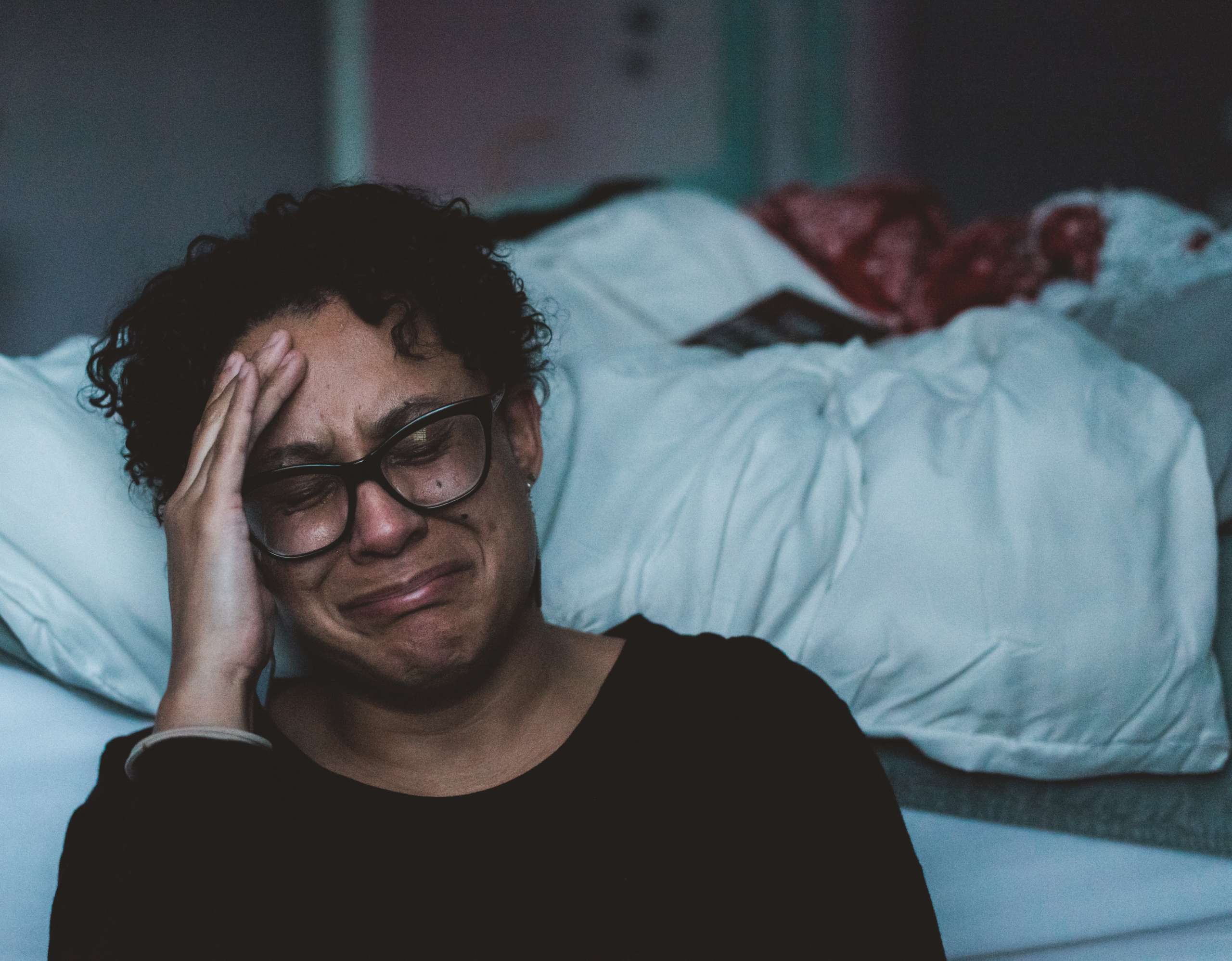“Did You Wonder Who Fired the Gun” directed by Travis Wilkerson, presents a profound exploration of the legacy of racism, violence, and complicity within America’s troubled history. The film delves into the historical context of racial violence in America, particularly in the Southern states, during the Jim Crow era. It examines the pervasive racism and white supremacy that shaped the social and legal systems of the time.
Director Travis Wilkerson embarks on a personal journey to investigate his family’s history, specifically his great-grandfather’s murder of Bill Spann. He visits locations and conducts interviews with family members, historians, and members of the African-American community to uncover the truth and gain a more in-depth understanding of the events.
“Did You Wonder Who Fired the Gun” fearlessly confronts the dark corners of America’s past, unearthing the long-suppressed truths of racial violence and systemic injustice. By examining the filmmaker’s own family history, the documentary exposes the devastating consequences of unchecked racism. It serves as a powerful reminder that healing and progress necessitate an honest reckoning with historical injustices.
The documentary highlights the racial injustice that allowed Wilkerson’s great-grandfather to escape legal repercussions for his crime. It raises questions about the unequal treatment of African-Americans in the criminal justice system and the systemic racism that perpetuated such injustices.
To forge a more equitable future, we must confront the painful realities of our past, acknowledging the roles our ancestors played in perpetuating racism. By understanding our history, we can actively work towards breaking the cycles of injustice.
Wilkerson explores the lasting impact of racial violence on both his family and the African-American community. He engages in conversations with Spann’s relatives, examining the intergenerational trauma and the ongoing struggle for justice and healing.
The film unflinchingly examines the complicity that allowed the protagonist’s great-grandfather to escape legal repercussions for his racially motivated crime. It exposes how systems of power, rooted in white supremacy, protected the perpetrators of racial violence while perpetuating oppression and suffering for marginalized communities.
The film confronts the discomfort and responsibility of reckoning with a family’s dark history. Wilkerson reflects on his complicity and attempts to understand how his family’s actions have influenced his identity and perspective.
“Did You Wonder Who Fired the Gun” reveals that complicity in the face of racial injustice is just as damaging as overt acts of racism. It compels us to reflect on our potential for complicity and emphasizes the need to actively resist and challenge systemic racism wherever we encounter it.
The documentary draws connections between historical events and contemporary racial tensions in America. It highlights the persistence of systemic racism and the urgent need for reconciliation and meaningful change in society.
The documentary thoughtfully weaves together narratives from multiple perspectives. It explores the impact of racial violence on the victim’s family, shedding light on the intergenerational trauma caused by systemic racism. By highlighting these intersecting narratives, the film invites us to broaden our understanding of the far-reaching effects of racial violence and oppression.
“Did You Wonder Who Fired the Gun” teaches us that the fight against racism cannot be waged in isolation. It demands an intersectional approach that recognizes the interconnected nature of various forms of discrimination, ensuring that the struggle for racial justice is inclusive and equitable for all marginalized communities.
The film serves as a catalyst for meaningful conversations and actions to shape the future of anti-racism work. It compels us to critically examine the systems and structures that perpetuate racial injustice. By amplifying marginalized voices and exposing the mechanisms that uphold racism, the documentary paves the way for collective action and systemic change.
The film underscores the importance of comprehensive education and awareness about the historical roots and ongoing manifestations of racism. By empowering individuals with knowledge, we can challenge the perpetuation of racial bias and stereotypes.
“Did You Wonder Who Fired the Gun” emphasizes the need for accountability and justice in cases of racial violence. It calls for a fair and impartial legal system that recognizes the value of all lives, regardless of race.
The documentary inspires grassroots movements and community organizing as powerful vehicles for dismantling racism. It reminds us of the strength that lies within collective action, encouraging individuals to come together to challenge and transform oppressive systems.
The film prompts us to advocate for policy reforms that address systemic racism, promoting equity and justice in all areas of society. This includes reforming criminal justice systems, educational institutions, and economic structures to ensure equal opportunities for all.
These examples demonstrate the film’s exploration of personal, historical, and societal themes, shedding light on the impact of racial violence and the quest for justice and understanding.
“Did You Wonder Who Fired the Gun” leaves an indelible impact on our understanding of racism and the urgent need for change. By confronting historical injustices, examining complicity, and amplifying diverse narratives, the film compels us to reflect on our roles in advancing racial justice. As we move forward, let us carry the lessons learned from this documentary into our work, fostering a more inclusive, equitable, and anti-racist future for all.

